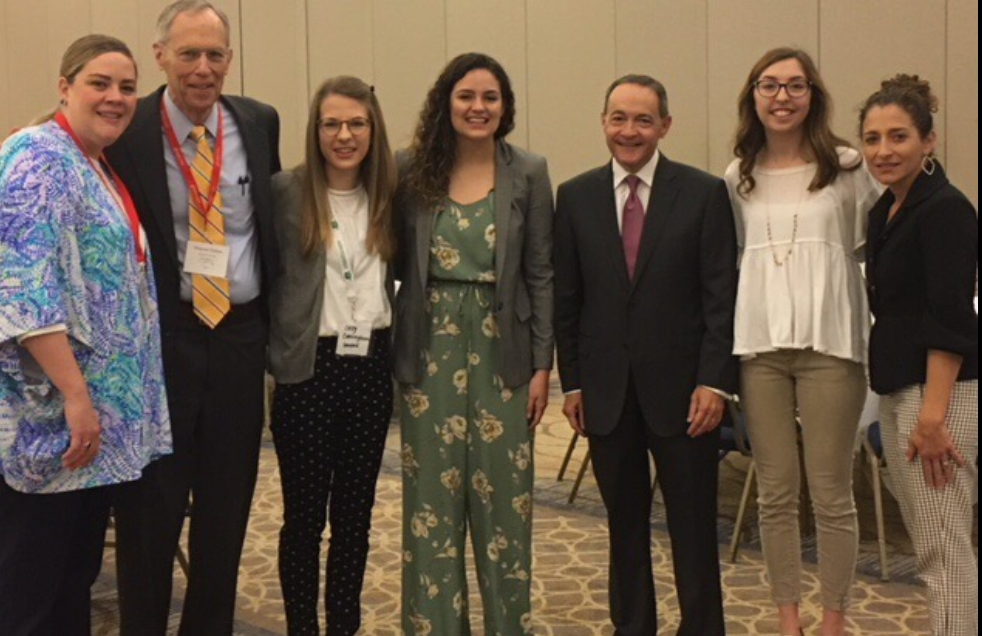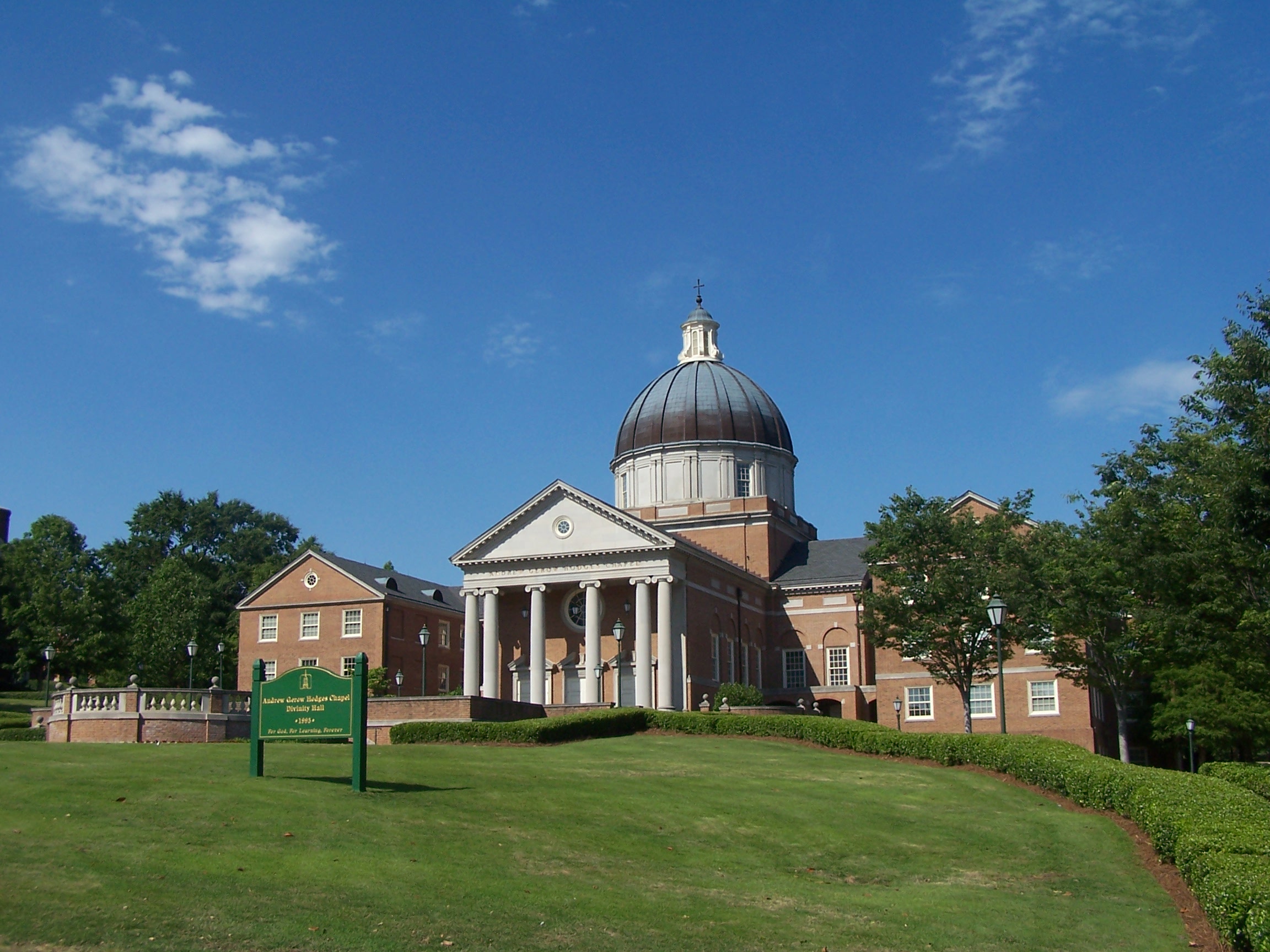Samford University co-hosted a service learning conference last week in Birmingham. The Gulf South Summit is an annual conference that travels to a different city each year and showcases how universities are dealing with service and community- based learning.
“It draws faculty, practitioners, community partners and leaders and students from all over the country who are interested in service learning or community based learning in higher education,” said Allison Nanni, director of community engagement at The Mann Center for Ethics and Leadership and co-chair of the summit said.
The conference started in 2003 as a regional event bringing in universities from the Southeast. It is now a nationally known event with participants from around the country, according to Nanni. Samford was a co-host and sponsor along with the University of Alabama at Birmingham and Birmingham Southern College.
“It looks at how universities are working with communities in mutually beneficial ways, where communities are acting as co-educators for university students, but university students are also doing community work to support community organizations and having real impact on social issues or problems in the community,” Nanni said.
Two Samford professors were part of a panel discussion where they talked about about their service learning environmental course in Perry County, Alabama. Rachel Casiday, professor of public health and Betsy Dobbins, professor of biology, created an interdisciplinary course on biology and public health. Casiday and Dobbins are a part of a one year faculty community-based learning fellowship with the Mann center. The program provides a year of fellowship of very structured professional development for faculty in best practice in community based learning. The fellowship offers opportunitiesy to train them in service learning and design brand new community-based courses or repurpose existing courses, according to Nanni.
“In Perry County, the poorest county in the state and one of poorest from a socioeconomic standpoint in the country. They identified a community concerned about water quality and how their water was processed,” Nanni said.
The public health course took students to Perry County last summer and in January. Students interviewed community residents about their concerns and tested water points at residences and creeks.
This year’s conference theme was “Changing the Narrative: Storytelling as Social Action.” One of the keynote speakers was Michele Forman, co-founder of UAB Media Studies Program. Forman works with the community and shares stories through film. She worked as an associate producer for the Academy Award-nominated documentary “4 Little Girls,” an HBO special about the bombing of the Sixteenth Baptist Church in Birmingham.
“She really engages her students in an innovative and interesting way in terms of social justice and community issues,” Nanni said.
Two other keynote speakers also appeared at the conference, including. Talmage Stanley, a writer of fiction, history, essays and creative nonfiction who works at Emory and Henry College in Virginia. Stanley helped implement a service learning program for master of arts students at Emory and Henry. Also appearing was Connie Snyder Mick, academic director of the Center for Social Concerns and co-director of the Poverty Studies Interdisciplinary Minor at the University of Notre Dame in Indiana.
Daniel Dodson, News Writer






